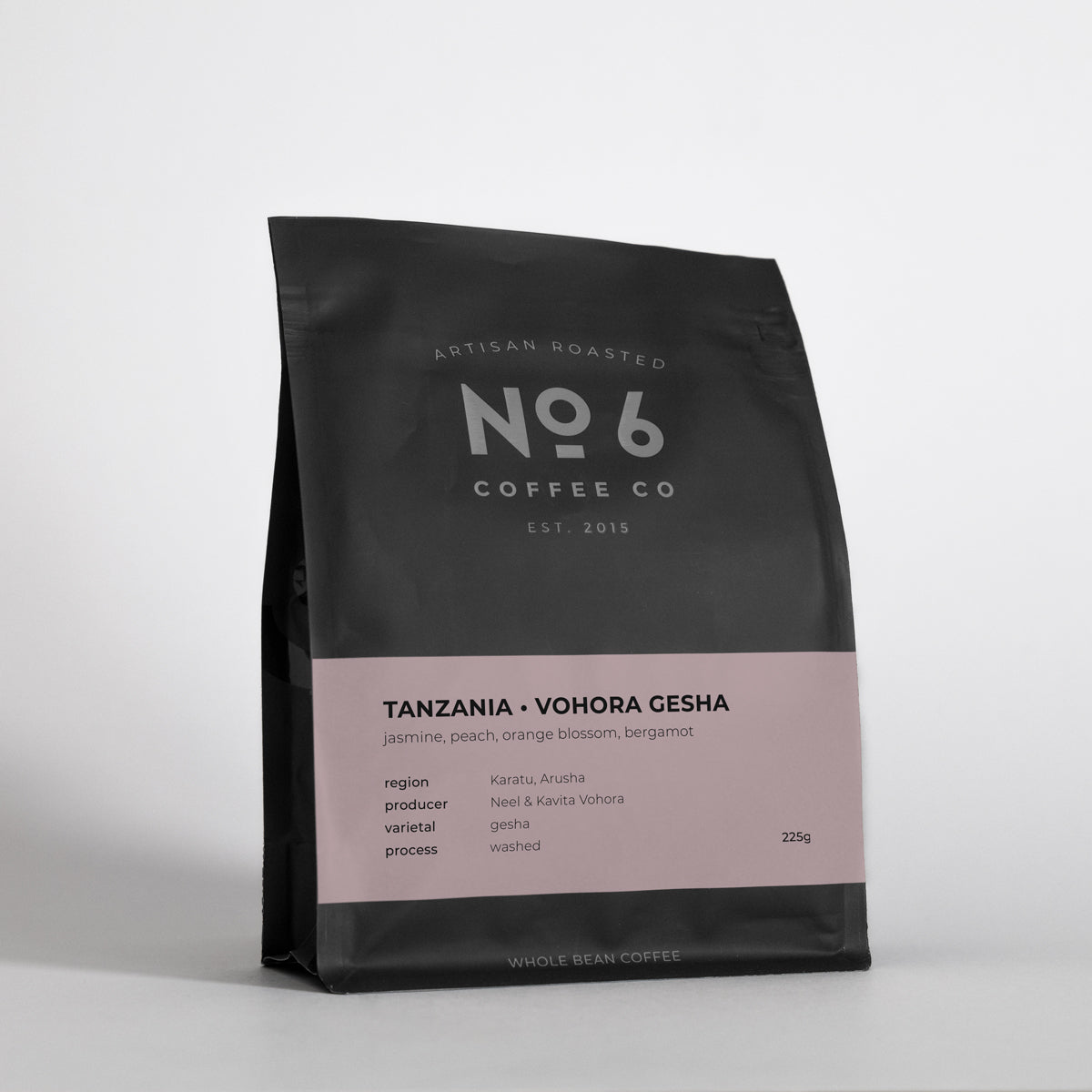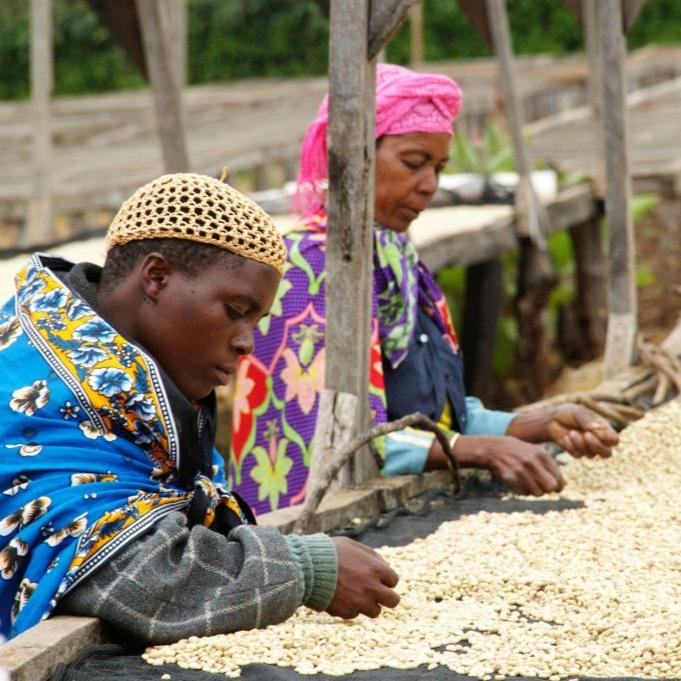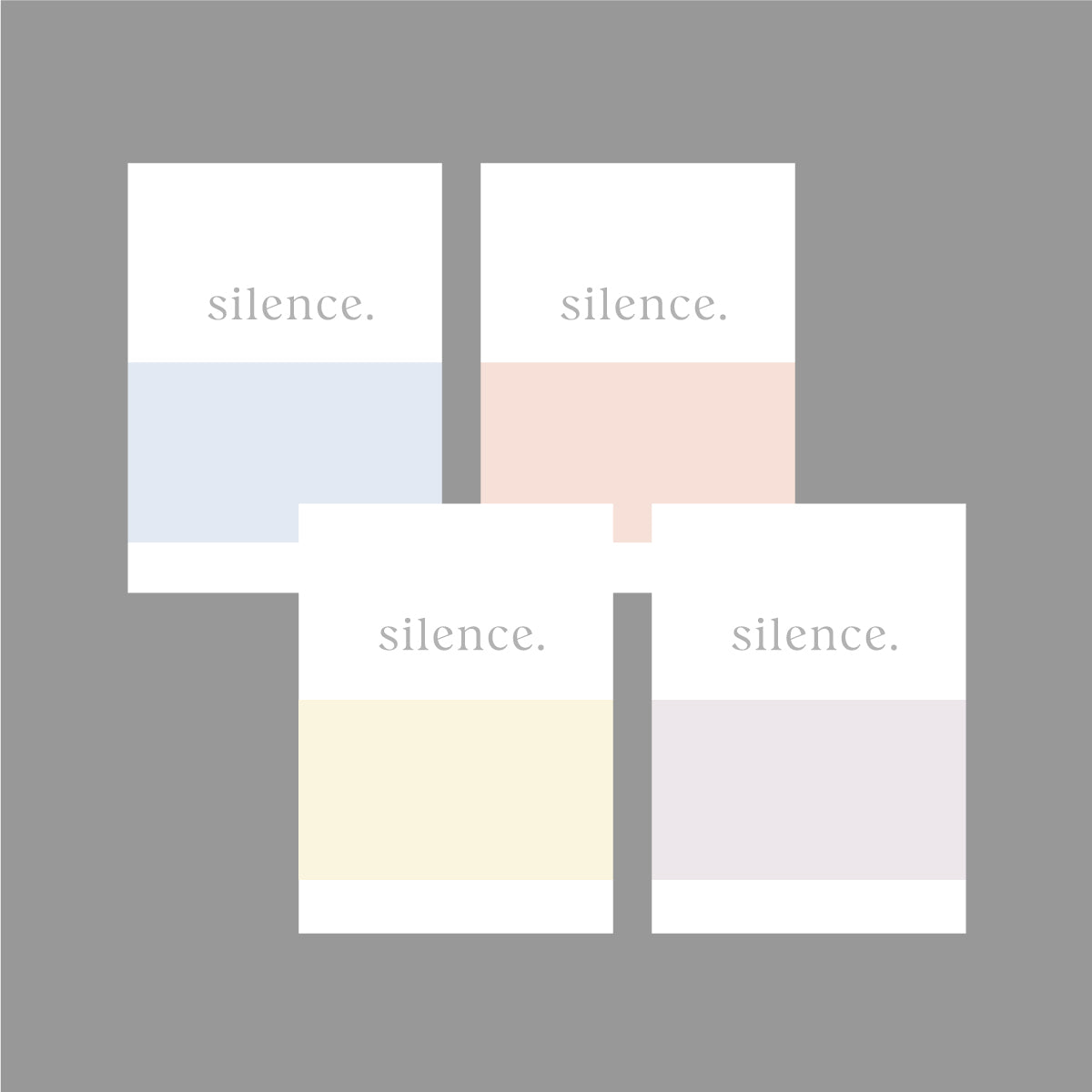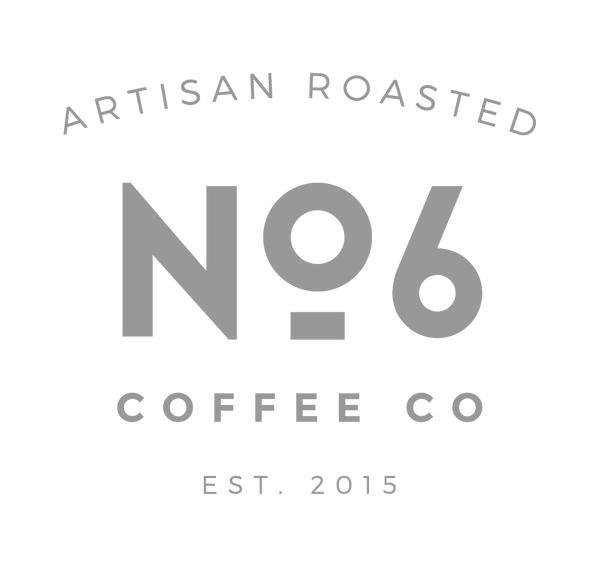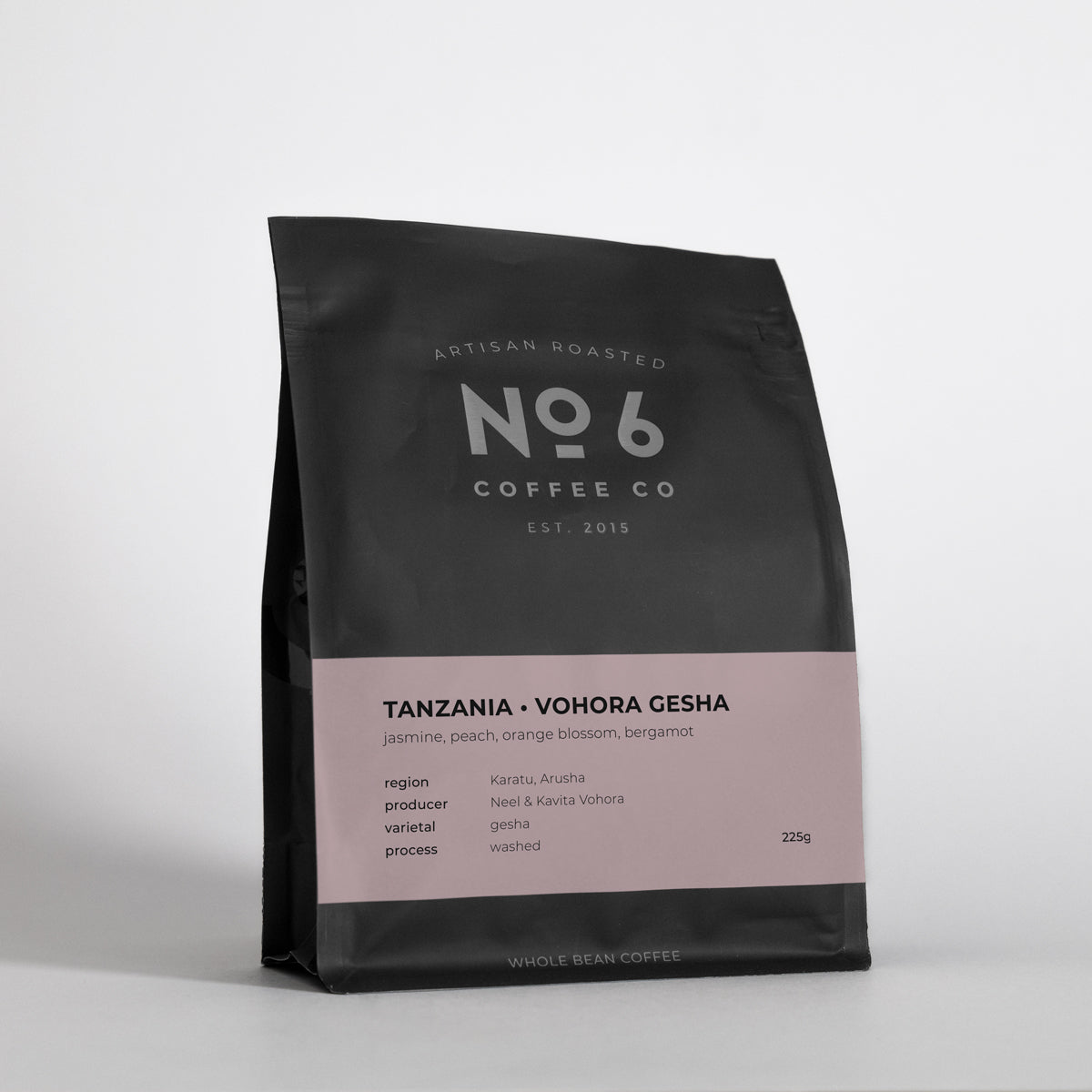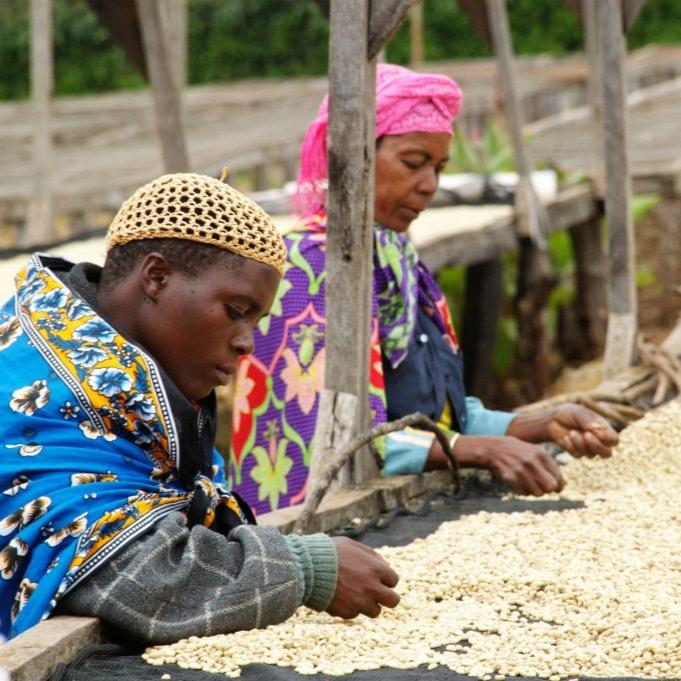Vohora Gesha
Vohora Gesha
| country | Tanzania |
|---|---|
| region | Karatu, Arusha |
| farm | Finagro Estate |
| producer | Neel and Kavita Vohora |
| altitude | 1650-1800 masl. |
| varietal | Gesha |
| process | washed |
| notes | jasmine, peach, orange blossom, bergamot |
| profile | silky, sweet, floral |
| importer | Royal Coffee |
style
roast level
This washed Gesha coffee from Karatu, Tanzania, is produced by the Vohora family on their farm Finagro, located on the Ngorongoro caldera. The flavor profile is exceedingly floral, showcasing the best qualities of the Gesha variety. The tasting notes include jasmine, peach, orange blossom, and bergamot.
Under the guidance of siblings Neel and Kavita Vohora, the Edelweiss and Finagro farms have transformed from well-managed estate farms, spanning 1000 acres across multiple ridges of the Ngorongoro caldera in northern Tanzania, into an innovative and genre-defying coffee enterprise. The Vohoras' recent harvest has been particularly noteworthy, especially their Gesha plantings, which have produced some of the first exportable harvests this year, stunning with deeply floral flavors and elegant nuances. The Gesha plants, grown from seed stock related to the New World's initial Gesha trees, trace their origins to a Tanzanian research station, with which Neel has formed a close relationship, accessing a wealth of genetic information and historical records.
The farms are also at the forefront of processing innovation. Nearly all of their coffee undergoes cherry maceration before processing, with microlots, like the Gesha, undergoing a carefully determined pre-fermentation process based on cultivar. The Gesha harvest, for example, macerates in whole cherry on raised beds under protective tarps for four days before being depulped, fermented in tile-lined tanks, washed, and dried on Finagro’s extensive raised bed network. Recent protocols, such as “skin drying,” protect the delicate coffee from excessive sun exposure before completing the drying process, after which the parchment is stored in GrainPro until milling in Arusha.
The farms are nestled on the outer ridges of the Ngorongoro caldera, the world’s largest unbroken caldera, which is home to a diverse array of wildlife. The estates, owned by the Vohoras since 1971, are situated near the town of Karatu. Neel’s grandfather, originally from India, worked as a farm manager for British colonists before Tanzania’s independence. The family business is run by Neel’s father, Ajai, from Nairobi, with Kavita managing milling and sampling operations in Arusha. The farms maintain native forest corridors to allow wildlife migration, although elephants and water buffalo occasionally damage the coffee trees.
Clean Coffee
Clean Coffee

We believe coffee should be both delicious and responsibly sourced. That’s why we only work with specialty-grade coffees that are carefully harvested, dried, and stored. The result is clean, safe coffee that reflects the care of everyone involved.
We’ve had a few questions lately about mold and mycotoxins in coffee. These concerns are understandable, especially with the rise of health-focused media highlighting potential contaminants in commodity-grade coffees. But it's important to contextualize this issue within the specialty coffee supply chain.
Mycotoxins, such as ochratoxin A (OTA) and aflatoxins, can develop when green coffee is improperly processed, dried too slowly, or stored in environments with high humidity and poor ventilation. These conditions are more common in lower-grade, bulk commodity coffees that are harvested and handled with minimal oversight.
The coffees we buy, on the other hand, are traceable, meticulously processed, and stored under controlled conditions. We work exclusively with specialty importers who conduct rigorous quality control at origin and upon arrival, including moisture content analysis, water activity measurements, and sensory evaluation. Coffees showing any signs of mold contamination would be eliminated long before they reach us. Moldy lots not only pose a safety risk, they simply don’t taste good and would fail basic cupping protocols.
While mold and mycotoxin testing isn’t typically a requirement in the specialty sector, it’s also not absent. In some producing countries, OTA testing is mandatory for export. And in others, lots above a certain size are routinely spot-checked by local quality control authorities. More importantly, the stringent handling and drying practices required to meet specialty standards make the presence of harmful mycotoxins highly unlikely.
We’re also attentive to how we store our green coffee, in sealed GrainPro bags, in a stable, low-humidity environment, and roasted in small batches to maintain quality and freshness.
If you'd like to dive deeper into specific protocols, we're happy to talk more. In short, we only work with importers we trust, who work with producers they trust, and quality control is built into every step. The coffees we choose to roast are clean, carefully handled, and selected with intention.
Shipping Rates
Shipping Rates
Our current shipping rates are as follows:
Local Delivery Rates within 2km
$5.00 for orders between $0-$20
$2.50 for orders between $20-$40
FREE for orders over $40
Canadian Shipping (with tracking)
Standard rates for orders between $0-$36
$10 for orders between $36-$75
FREE for orders over $75
US Shipping (with tracking)
Standard rates for orders between $0-$100
FREE for orders over $100
Packaging
Packaging
100% Recyclable
Our coffee bags are made of 100% recyclable plastic and widely accepted at recycling depots across Canada, making it easy for you to responsibly dispose. Its recyclable materials ensure that it can be repurposed efficiently, contributing to environmental sustainability efforts and promoting a circular economy model.
Out of stock
Couldn't load pickup availability
